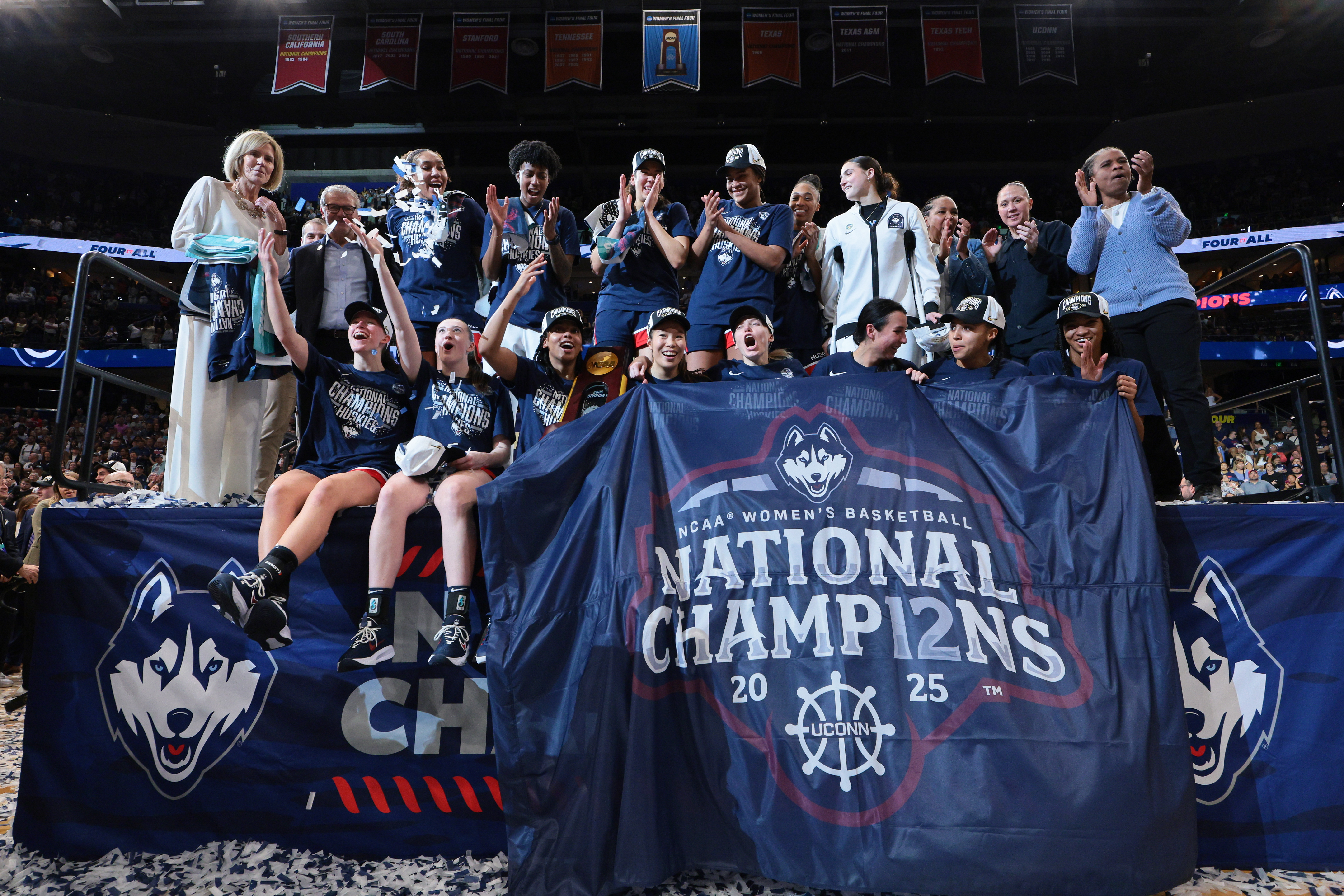According to a report in the Wall Street Journal, Facebook’s own research shows Instagram can have a negative impact on the mental health of young girls.
Social media is all about sharing, but it’s what Facebook has not been sharing with the public about its photo-sharing app Instagram that is getting the attention of lawmakers.
The Wall Street Journal reports that the social media giant has been tracking Instagram’s impact on its teen users and it’s not good.
The newspaper says Instagram is hurting the self-image of some teen girls according to extensive internal research done by its parent company and leaked exclusively to the Wall Street Journal.
NBC News has not seen the report but Facebook is already saying it plans to address the problems.
Get top local stories in Connecticut delivered to you every morning. Sign up for NBC Connecticut's News Headlines newsletter.
“I like Instagram cause I can communicate with people I get to see people all around the world,” said 14-year-old Julia Valdez, a freshman at West Hartford’s Conard High School.
Not everything she and her friends see on Instagram makes them feel good.
“When I see girls around my town that look really good on Instagram it makes me feel bad, like it makes me feel very insecure,” said Emily Silva.
Local
The pressure to be perfect magnified by online images makes some users anxious and depressed.
“They’re just putting themselves down so much,” said 14-year-old Avery McCabe.
Keeping kids off of is often a losing battle for parents.
“To me, it’s like an accelerated version of what happens in high school. You’re in school, people are looking at you, you’re looking at them. Now it’s not just your school, not just your hallway. It’s everywhere in the whole world,” explained Rob Makas who said his daughter is 16.
The Wall Street Journal reported that Facebook conducted an internal review of Instagram’s impact on the mental health of its users. The paper says a Powerpoint slide from March of 2020 reads 32% of teen girls said that when they felt bad about their bodies, Instagram made them feel worse. Another from 2019 reads teens blame Instagram for increases in the rate of anxiety and depression.
“It’s not a realistic representation of life. So, we’re comparing ourselves to something that really isn’t real and that is what creates a lot of the problems,” said Dr. David Greenfield, the founder of the Center for Internet and Technology Addiction in West Hartford.
Greenfield, author of the book, “Overcoming Internet Addiction,” called social media “digital fast food.”
He advised that parents should limit their teens’ non-school-related screen time to two hours per day. He added that those under 13 shouldn’t be allowed to have social media accounts.
“People can look however they want on social media. I mean it’s not always true. I honestly prefer to talk to people,” said Landon Edwards-Scoville, adding that his parents forbid him from having a social media account.

Bette Botticello said she talked to her daughter Isabella about social media sites like Instagram, before she gave her a cell phone.
“Images are altered, everybody doesn’t always look like this, you can make people feel bad,” she recalled telling the 16-year-old.
The teen said she has a healthy relationship with social media. In fact, Isabella said she hardly uses Instagram.
“I think a lot of people my age are really can kind of have an obsession over it,” she said.
In its report, the Journal accused Facebook of publicly downplaying its research on multiple occasions, including Mark Zuckerburg’s testimony on Capitol Hill.
“The research we’ve seen is that using social apps to connect with other people can have positive mental health benefits,” he told Congress.
In a published response to the Wall Street Journal’s report, Instagram said it’s focused on addressing negative social comparison and may jump in if it sees people dwelling on certain types of content.
The company noted that it’s research into the effects of social media on people’s well-being is mixed and that social media isn’t inherently good or bad for people.
Valdez said the photo-sharing app gives her inspiration.
“I don’t really feel insecure about myself but sometimes I feel like I’m doing something wrong, like I feel I could do something better,” said Valdez.
Instagram also promised to be more transparent about its research, as lawmakers in Washington launch a probe into what Facebook knew about its impact on children and teens.
“You can really enjoy it or you can or you can feel really self-conscious about yourself,” said McCabe.
“There are a lot of girls who look at people who have gotten photoshopped or things like that and then they see themselves and they don’t reflect those people,” added her friend Amalia Lopez-Pappademos.
According to the Journal, the research showed that 6% of American teen users who reported suicidal thoughts traced the desire to kill themselves to Instagram.
“We’re talking about six percent of tens of millions of people so these are not small numbers by any means,” said Greenfield.
Greenfield confirmed that social media is not only harming girls’ self-image, it’s also giving boys an unrealistic idea of what girls should look like.
“It creates an impression for all of us that distorts reality,” he said.
“I feel like that’s already happened a lot with teenage boys. They expect so much from girls at such a young age,” said 14-year-old Emily Silva of West Hartford.
With over 12 million Instagram followers, fitness model Jen Selter is considered one of the top social media influencers. She said the platform has changed considerably since she first joined a decade ago.
“You don’t even know what’s real and what’s not. You don’t know who’s photoshopping this or that. And, it’s so important if you find yourself comparing that everyone’s posting their perfect photo,” Selter told NBC Connecticut News.

That’s why she said she feels a responsibility to share the reality behind her perfect pictures on her Instagram Stories.
“I’m not perfect. A good photo, a good video doesn’t mean that’s what I look like on a daily basis,” said Selter.



